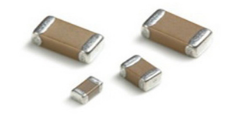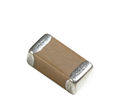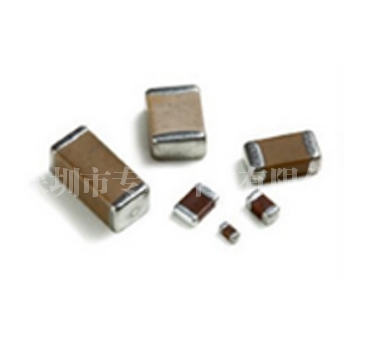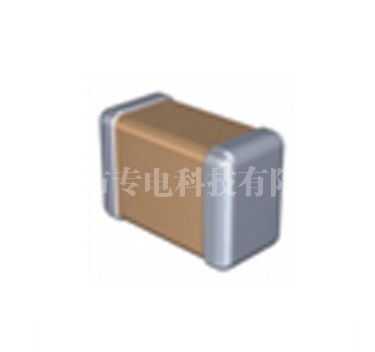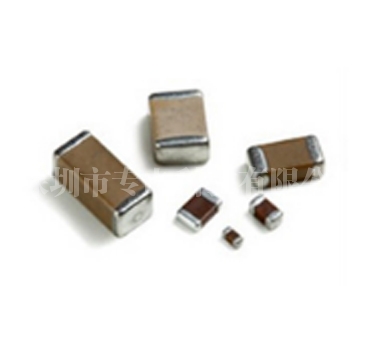Chip capacitors are electronic components that serve a variety of purposes. They can neutralize capacitors in circuits and are widely used in high-frequency amplifiers such as televisions or radios to remove impulses and self-excitation. In addition, chip capacitors are also called decoupling capacitors in decoupling circuits. Their natural function is to act as decoupling capacitors to remove the influence of non-amplifying devices.
Chip capacitors are also energy storage, meaning they can store electrical energy and release it when needed. In electronic equipment, chip capacitors can be charged and discharged to provide instantaneous large current.
In addition, chip capacitors also have a bypass effect. When the load capacitance is large, the drive circuit needs to complete the charging and discharging step before the capacitor can complete the signal jump. When the rising edge is steep, the current is relatively large, so the driving current will absorb a large amount of supply current. The inductance and resistance in the circuit (especially the inductance on the chip pin) will rebound. Compared with the normal situation, this current is actually a kind of noise, which will affect the normal operation of the front stage. This is the so-called "coupling" . Chip capacitors can prevent this coupling and make the current flow more stable.
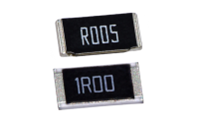
Chip capacitors are an important electronic component with many uses. They can neutralize capacitors in a circuit, store energy, and provide a bypass effect to make the current flow more stable.



